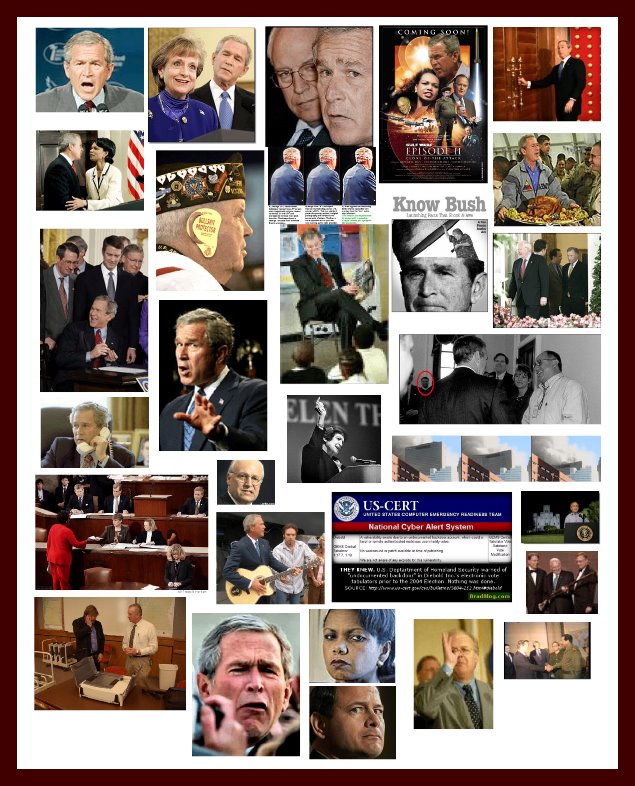Based on the belief that the truth shall set you free:
In June 2002, the Bush administration, through the U.S. Department of Health and Human Services’ Office on Women’s Health (OWH), and the Advertising Council teamed up for a National Breastfeeding Awareness Campaign to encourage first-time mothers to breastfeed exclusively for six months, with PSAs set to air in December 2003.
Unfortunately, the ads, which listed well-researched numbers on increased risk for non-breastfed babies of obesity, diabetes, ear infections, leukemia, diarrhea, asthma and pneumonia, were inadvertently posted on the Ad Council website in November 2003.
That’s when the pharmaceutical companies stepped in.
It turns out that baby formulas such as Similac, Isomil, and Enfamil are produced by pharmaceutical companies, Abbott Laboraties and Bristol Myers Squibb, two of the most powerful members of the Pharmaceutical Research & Manufacturers of America (PhRMA), which contributed nearly $11.2 million (87% of their party donations) to the Republican national committees in the 2000 and 2002 election cycles.
First the pharmaceuticals get to make money on the baby formulas; then they profit for the rest of the person’s life as the provider of medicines and other health care products needed to handle the acknowledged health problems shown in the PSA from choosing their formula products over breastfeeding.
Washington lobbyist Clayton Yeutter, the Secretary of Agriculture for Bush I (the father) and former Republican Party Chairman, with a few lobbyist cohorts, immediately met with Bush-appointee Secretary Tommy Thompson. They conveyed their clients’ objections to the "grossly misleading visuals" in the ad campaign and the questionable scientific validity of claims of a higher incidence of diseases in babies who are not breast-fed.
The lobbyists also contacted the National Institutes of Health, National WIC Association, the Centers for Disease Control and Prevention, the American Academy of Pediatrics (AAP), and members of Congress responsible for health care policy and WIC reauthorization, reviewing the formula industry objections.
The AAP, whose recent book on breastfeeding became an instant best-seller when Abbott Laboratories bought 600,000 copies, fell into line. AAP President Carden Johnston wrote to Secretary Thompson (without consulting Dr. Lawrence Gartner, Chair of the AAP Section on Breastfeeding), suddenly concerned for the ad campaign’s emphasis on not breastfeeding and unvalidated scientific information.
Tommy Thompson, who had to sell his sizeable portfolio of stock in drugmakers Merck and Abbott Laboratories once he was confirmed as Health and Human Services Secretary, pulled the ad until it could be watered down to suit the needs of the pharmaceuticals – to show a heart-warming suggestion to breastfeed as a lifestyle choice, not an urgent need with major consequences. References to diabetes and leukemia were cut, as well as all specific risk numbers.
Tommy Thompson turned down meeting requests from breastfeeding advocates.
To verify/research, Google: Breastfeeding +Ad Council
U.S. Increases Nuclear Energy Spending as It Fights Global Weapons Ban
-
Watch this video:
8 years ago


















No comments:
Post a Comment